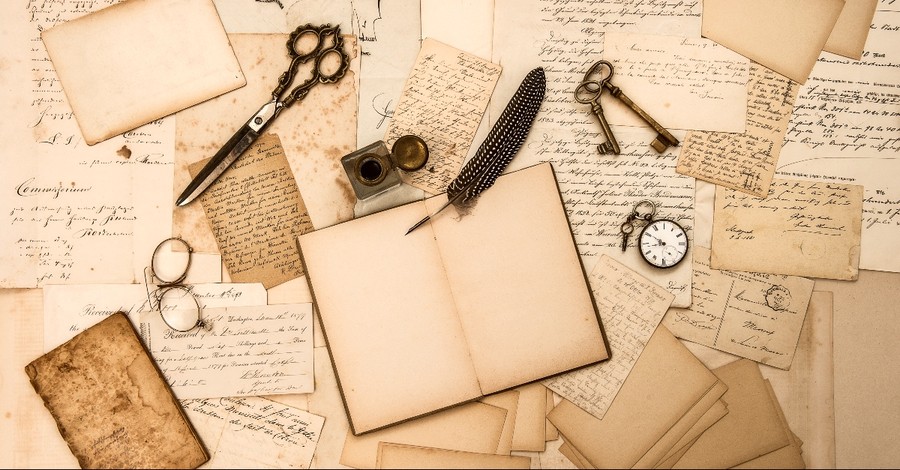
These are strange days to be teaching history in a public school, especially American History. It seems as if every facet of American life is up for debate right now, with people on every side scrambling to grab the historical high ground, so they have the weight of antiquity arguing on their behalf. This has resulted in an epic tug-of-war over what should be included in the history curriculum, the role of history teachers in the classroom and how we should think about American History.
The irony is that many people who have strong opinions about how history should be taught have little to no knowledge about American History. Ask them who is the worst President of all time, and they will have strong opinions, usually involving a President from recent memory. However, they often don’t know that most discussions of the worst President in history have centered around Herbert Hoover and James Buchanan. It is one thing not to know this, but it is another altogether to have a strong opinion while being ignorant of basic facts.
We need to recover an accurate and true understanding of American History. This will not be accomplished by reading hot takes on Twitter or viewing brief YouTube videos. Instead, there are some concrete actions steps every American can take to increase their knowledge of American History.
Read Primary Historical Documents
So much of the history that we read comes from people making broad, sweeping generalizations about the past. They are usually oft-repeated interpretations of previous events based on flimsy evidence. One of the best ways to get close to what actually happened in a historical event is to read primary sources. When historians refer to primary sources, they are speaking about first-hand accounts, letters, transcripts of speeches, and other artifacts directly related to the event being studied.
For example, you could start a great debate in my home state of Alabama by bringing up the reason for secession and the Civil War. People’s beliefs about the war are strongly-held and deeply entrenched. However, they are frequently disconnected from a knowledge of the primary sources, which explains the reasoning behind the Southern states’ secession from the Union.
The best way to answer the question of why states seceded from the Union would be to read the declarations their legislatures adopted. In these documents, the legislators revealed their frustrations with the United States government and spoke openly about which elements of Southern culture they wanted to protect from federal encroachment. Or, read Confederate Vice President Alexander Stephens’s “Cornerstone” speech in which he explicitly stated that Thomas Jefferson was wrong when he wrote that “All men are created equal.”
Primary source documents take us beyond the rhetoric and help us hear historical figures in their own words.
Read Well-Researched Volumes on History
I have a “wish list” on Amazon called “Books Scott Wants.” “Wish list” is an accurate description for it because there is no way I could read all of the books I have placed on it. Many of them are volumes of history written by professors and historians. We have the benefit of living in a time when we are surrounded by good writing about history.
Let me clarify what I mean by “good writing” about history. Reliable history writers analyze primary source documents. They read the best scholarship available on the topic, and then they present their evidence in a readable and convincing narrative. Read this kind of history. Listen to voices like H.W. Brands, Gordon S. Wood, Doris Kearns Goodwin, Robert Caro, and others. They will illuminate your understanding of history while also telling a great story.
I know what you are thinking, and in some sense, you are right – when you read books by modern authors, you are going to encounter bias. Everyone has some type of bias, and it is difficult to always remain neutral. The major question is whether or not the author handles historical material honestly and fairly. If they tell the truth, you will be helped by their writing even if you disagree with their conclusions. And on the plus side, reading books you disagree with is good for you. It helps you clarify what you believe and why you believe it.
Visit Historical Landmarks
The federal government and many state governments have done us a real favor by preserving historical sites. Many battlefields and other significant landmarks have been preserved and feature guided tours by people who have devoted their lives to learning the history of the place where they work. Private groups created museums dedicated to preserving artifacts from historic events and telling the stories of the people involved.
If you live in the Eastern half of the United States, there is a good chance there is a historic place within half a day’s driving distance of your house. For example, from where I live in south Alabama, I can visit the Edmund Pettis Bridge in Selma, the site of the Battle of Horseshoe Bend, or multiple historical sites in Montgomery and be home for dinner. If you start digging in your own state, you will likely discover the same thing.
Visit a historical site or take in a museum. Take your time as you go through. Read every plaque listen to the guides. You’ll have a great time and walk away with a better understanding of history than you would have gotten from reading an argument on Facebook.
Get Started Today
Think about a period or figure in American History that you are interested in. Start looking for historical sites, highly-respected books, and websites containing primary source documents. Start reading a little bit every day. You will find yourself instructed and challenged. You will be better for it, and so will your community. We need more better-informed and engaged citizens.
The views expressed in this commentary do not necessarily reflect those of Christian Headlines.
Photo courtesy: iStock/Getty Images Plus/LiliGraphie
Scott Slayton writes at “One Degree to Another.”










